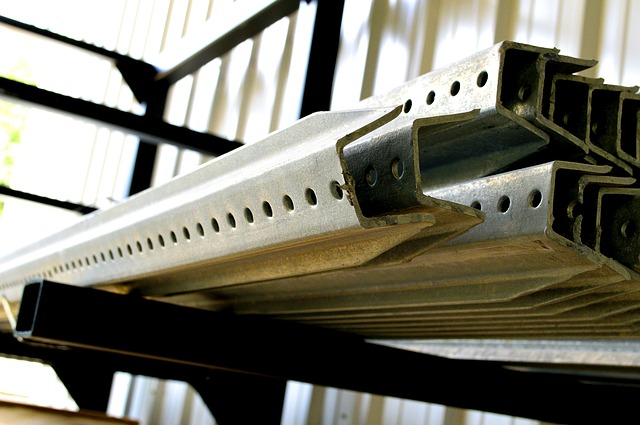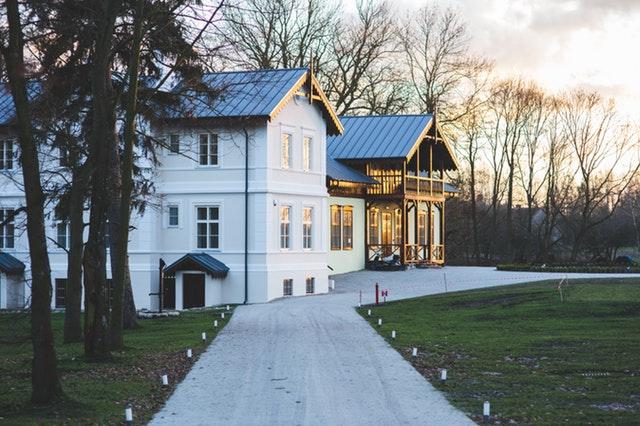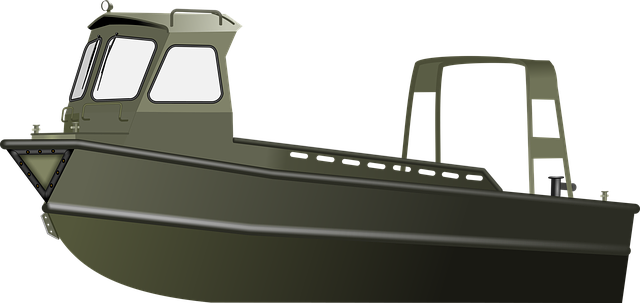It’s hard to think of construction that doesn’t involve the use of metal. Any project that requires stability and durability will definitely make use of metal, be it for structural or decorative purposes, and it’s easy to understand why. Unlike wood or plastic, metal is capable of withstanding high levels of pressure and stress. With the right alloying and working, metal can last for decades or even millennia.
In choosing metal supplies for your project, however, there are several important things that you need to know and consider. Failure to factor in these things could result in disaster, especially if the metal you will use is intended for structural support. Here are the following dos and don’ts when purchasing metal for your project.
DO determine the type of project you will use the metal for.
Each project has a unique set of specifications. Whether you are building a house or a sturdy frame for your worktable, you have to be very careful in choosing the right material. This is why it is crucial that before shopping around for supplies, you must first be sure of the type of project you plan on working on. This way you’ll know exactly what types of metal you will need, how much it would cost you, and how long it would take for the project to finish.
DO look for a reputable supplier.
The quality of the materials you will use for your project depends greatly on where you purchased them from. Most metal suppliers offer different kinds of products but the quality of those products may differ depending on how they were manufactured. Most reputable suppliers get their products from the best foundries. It helps to know the foundries where the manufacturer gets their supplies from before deciding to make a purchase.
DO study about the metal first.
It wouldn’t be smart to continue with your project completely unaware of the material used to manufacture your products. If you ordered brass channel or bronze tube, you much understand what makes that metal suitable for your project. This is particularly crucial because metals are not made the same. Also, if you know the properties of the metal you are using, you’ll know the right way to work it and which section of your project to use it for.
DO consider the size of the project.
The size of the project is also an important consideration, as it helps determine the amount and sizes of materials you need. If you want to save on material cost, you have to make an estimate that is close to accurate. If possible, ask an engineer to do the estimate for you, especially if the project requires a huge volume of materials. The last thing you need is to find out that your materials are inadequate when it’s already too late. Buying materials in bulk will save you huge sums of money in the end. Poor estimate will only force you to spend a little more if you end up needing to buy additional materials.
DON’T use different metals unless you know they have nearly similar properties.
Each metal has a unique set of properties. While some metals can be used to substitute other metals, there are those that are simply irreplaceable. Brass, for instance, cannot be switched with bronze in applications that require more flexibility. Brass is more malleable than bronze, although the latter’s hardness is crucial for certain applications where brass isn’t too suitable.
DON’T risk using low-quality materials.
Foundries are not made equal. Some are bigger than others. There are also those that use more sophisticated machinery. This is why the products they produce also differ in quality. Make sure to use high-quality materials for best results. Don’t risk using substandard products if you want your output to last. A trusted supplier like Rotax Metals can supply all of your needed materials.
Source:
Metal Basics: A Beginner’s Intro to Choosing the Right Material, makezine.com




